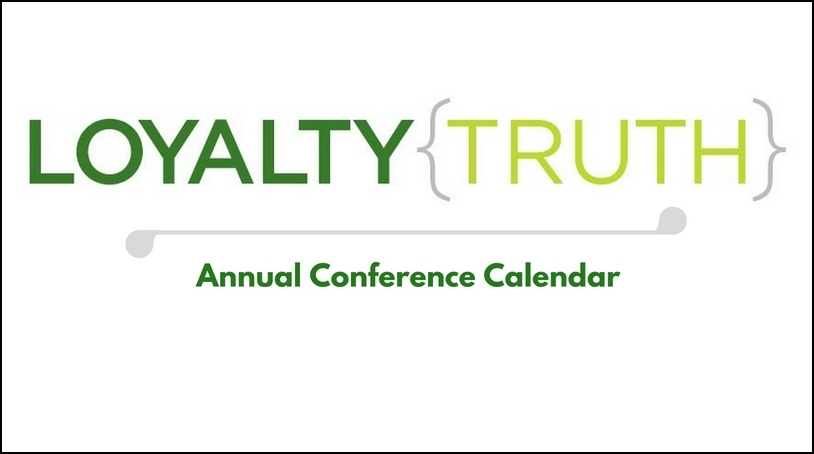I read a headline in Ad Age the other day that instantly grabbed my attention and got me looking for the details.
Here’s what it said:
Verizon tracks sports fans after the game.
Precision Insights Division can tell a team if attendees heeded sponsors’ messages.
Call me dim-witted, but at first glance I was scratching my head. How would Verizon know that after attending a NY Jets’ game and seeing a sign for Buffalo Wild Wings, I then went there for a cold beer and post-game snack? And then it quickly dawned on me. Of course, they know where I am—I’ve got a global positioning device sitting in my pocket, aka a cell phone.
The program is run by Precision Market Insights, a division of Verizon Wireless. Looking at their Web site their mission is pretty straight forward: “use actionable insights…(to) provide unprecedented 360-degree views to help you understand your target audiences, engage them more precisely and ultimately transact with them more profitably.”
In the case of tracking stadium fans and their behavior post-game, the site says “the idea is to help teams and arenas know more about event attendees, and connect the dots between sponsor messages at the game and who went to that sponsor’s location later.” The company has already run this type of program for the NBA’s Phoenix Suns in conjunction with advertisers like Jack in the Box.
Is this cool or creepy? After all, it appears the sports patron doesn’t know they’re being tracked. And it’s not like Foursquare where I’m voluntarily offering up my geographic location.
I can see how some might have concerns with privacy issues, but let’s face it—as soon as you turn on your cell phone, your wireless carrier knows where you are at all times. So to this direct marketer it seems fairly innocuous that Verizon Wireless is providing this information behind-the-scenes to upscale fast food joints. That said, I can see how this could get some privacy advocates riled up.
It also got me wondering, if there might be a bigger marketing play for Precision Market Insights: Might this service have implications for loyalty marketing? For instance, what if they got me, the customer, to opt-in to being tracked instead of doing it surreptitiously? And in exchange for my opting-in, I received a discount on my wireless service and/or a special deal from whatever retailer or restaurant I visited the moment I walked through the door?
I’m betting this idea—the real-time delivery of offers via your wireless carrier—will be coming to a market near you soon. And personally, if Buffalo Wild Wings wants to send me a free beer with purchase after I suffer through the next Jets’ loss, I won’t mind Verizon Wireless tracking me one bit.
Editor’s Note: Tom kindly asks if this Verizon tracking software is cool or creepy. Although consumers have probably signed away their rights through the fine-print of a mobile agreement, it does taste of consumer privacy violation and has potential to be perceived by consumers as a creepy data collection practice. As some wise person once said, just because you can does not mean that you should. Companies like Verizon as well as Google have the opportunity to take leadership in this new area of marketing. If they do it well, they will reap the benefits while insulating themselves from consumer ire.




